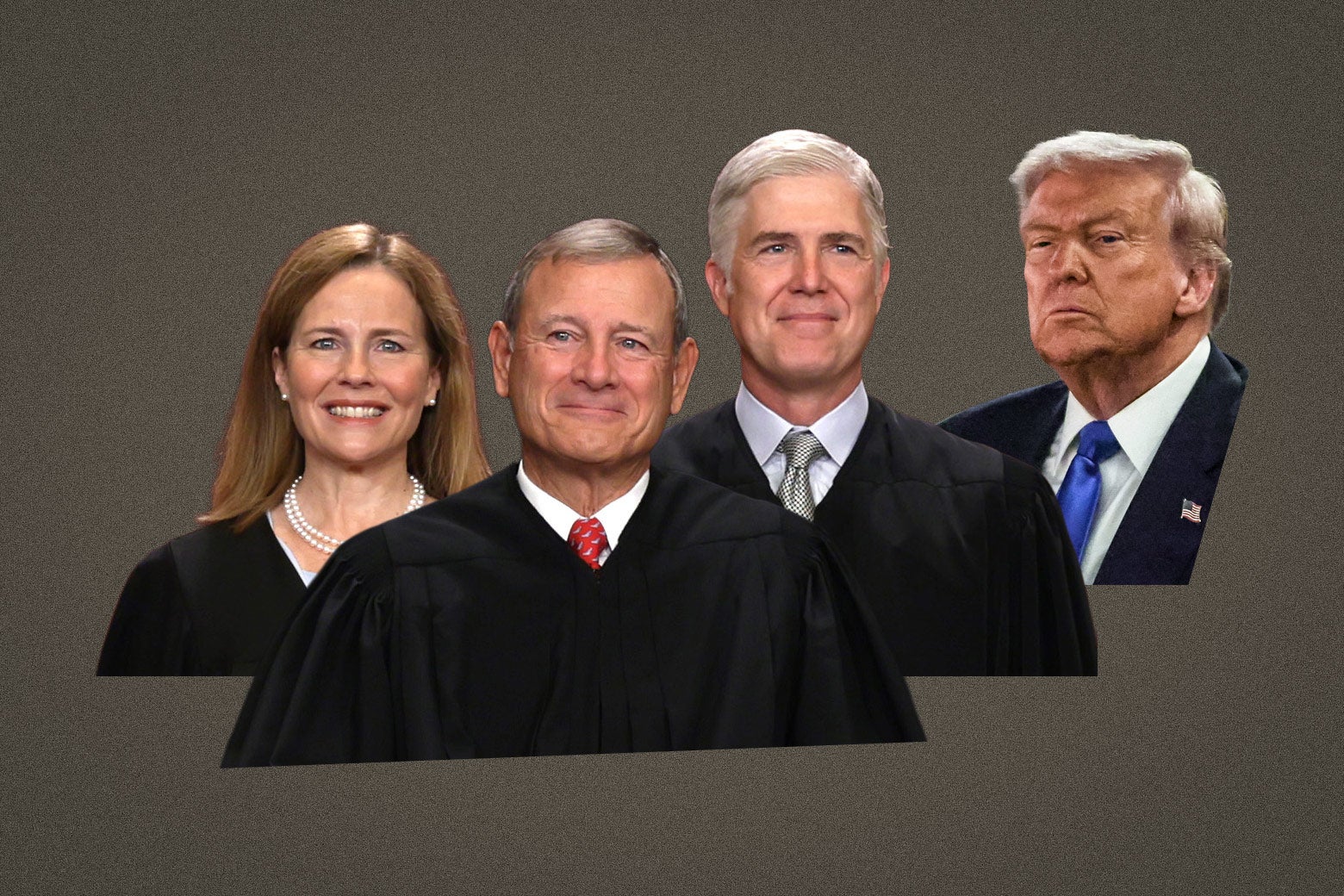
"Going into Supreme Court arguments over President Donald Trump's tariffs on Wednesday, it was genuinely difficult to guess how the justices would rule. Within minutes, that suspense vanished. The hearing was a bloodbath for the Trump administration: Six justices lined up to bash the Justice Department's defense of the tariffs, barely disguising their annoyance with the government's barrage of blustery nonsense. At the halfway point, it would've saved everyone time had the court just huddled, announced its decision from the bench, and recessed early for lunch."
"Wednesday's case, Learning Resources v. Trump, marks a direct challenge to Trump's unprecedented, unilateral imposition of global tariffs on almost every foreign nation. Although the Constitution vests the tariff power in Congress, not the president, the Justice Department asserts that Congress delegated this authority to the executive branch. Specifically, it cites a 1977 law called International Emergency Economic Powers Act-a strange choice, since that statute does not mention tariffs, customs, duties, or anything else that would imply a license for taxation."
Supreme Court oral arguments over President Trump's global tariffs turned sharply against the administration, with six justices criticizing the Justice Department's defense. The administration relied on the International Emergency Economic Powers Act (IEEPA) to claim authority for tariffs, though IEEPA contains no references to tariffs, customs, duties, or taxation. Solicitor General John Sauer argued that IEEPA's power to "regulate" importation and address an "unusual and extraordinary threat" encompassed tariffs, including to confront fentanyl smuggling. The justices expressed skepticism, treating the government's theory as legally strained. The court's response suggests strong limits on unilateral presidential imposition of tariffs and congressional primacy in tariff powers.
Read at Slate Magazine
Unable to calculate read time
Collection
[
|
...
]